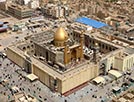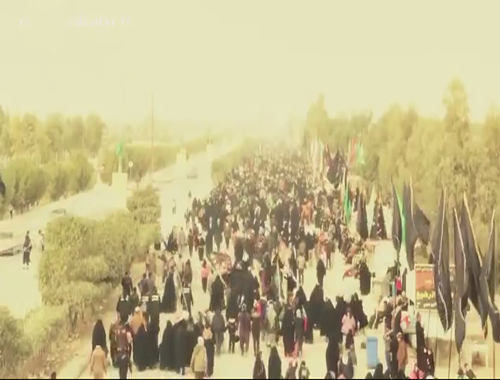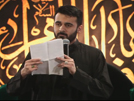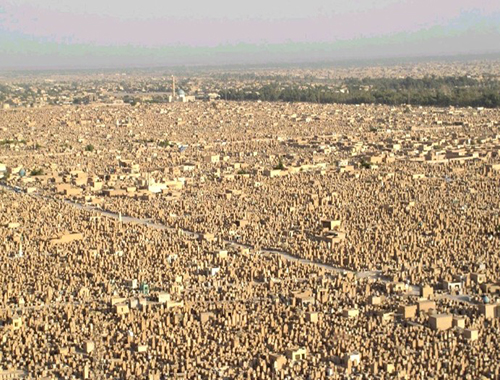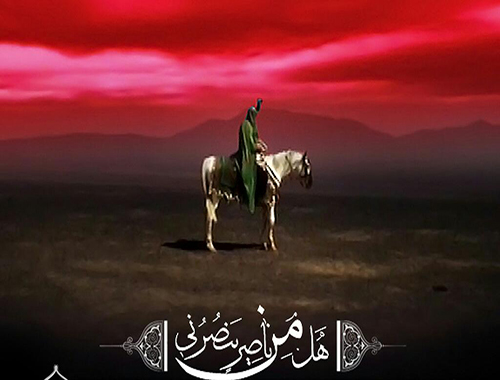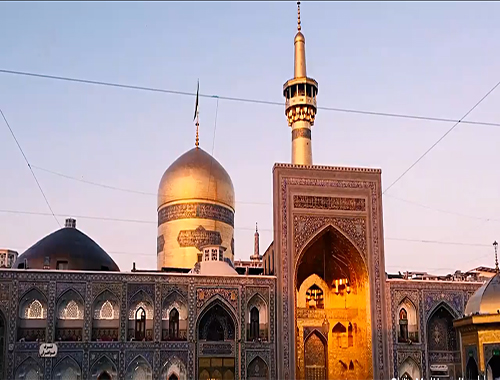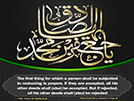Verse74
- Details
- Hits: 2085
(74) وَ إِذْ قالَ إِبْراهِيمُ لِأَبِيهِ آزَرَ أَ تَتَّخِذُ أَصْناماً آلِهَةً إِنِّي أَراكَ وَ قَوْمَكَ فِي ضَلالٍ مُبِينٍ
74. " And (remember) when Abraham said to his father 'Azar: ' Do you take idols for gods ? Verily I see you and your people in manifest error '."
Commentary :
The Arabic word /'ab/ ordinarily means 'father', but it is also applied with the sense of mother's grandfather, uncle, and educator.
According to the statement of the Messenger of Allah (p.b.u.h.) who said : " Ali and I both are the fathers of this community ", it is understood that 'Azar was Abraham's uncle, not his father. Abraham's ancestors were totally monotheists. This meaning has also been cited by Tabarsy, 'Alusi and Suyuty, the sunnite scholars, saying that 'Azar was not Abraham's father. Moreover, Abraham supplicated for his father and mother: " O our Lord ! grant me and my parents protection ..." (1) This is in the case that no Muslim is rightful to supplicate for a pagan, even if the disbeliever is his family member. Abraham's seeking forgiveness for his uncle, 'Azar, had also been before the time that his belief in polytheism became manifest. So, when Abrahan (a.s.) realized that 'Azar was not a person to accept the truth, he (a.s.) denounced from him and departed. The Qur'an in this regard says:
" And 'Ibrahim asking forgiveness for his sir was only owing to a promise which he had made to him; but when it became clear to him that he was an enemy of Allah, he declared himself to be clear of him ..." (2)
From what was said above, it is understood that the word /'ab/, mentioned in this verse, does not mean father. Besides, the name of Abraham's father, as recorded in history books, has been 'Tarukh', not 'Azar. (Al-Mizan, Majma'-ul-Bayan, and Jawami'-ul-Jami')
In the meantime, some Islamic traditions denote that father and the ancestors of the Prophet of Islam (p.b.u.h.) up to Hadrat 'Adam wholly were monotheists. It has been narrated from the Prophet himself (p.b.u.h.) who said: " Ceaselessly Allah, the Sublime, transported me from the purified loins of men into the purified wombs (of mothers), and never He polluted me with the filth of paganism ". (cited in Jawami'-ul-Jami', the commentary book)
A large number of Sunnite and Shi'ite commentators have pointed out this tradition in their books. A few of them are : Tabarsi, in Majama'-ul-Bayan; Neyshaburi, in Qara'ib-ul-Qur'an; Fakhr-i-Razi, in Tafsir-ul-kabir; and 'Alusi, in Ruh-ul-Bayan.
There are some points which should be noted here carefully :
1. In the style of invitation to the Truth, close relatives should be invited first.
" And (remember) when Abraham said to his father 'Azar : ..."
2. In facing and treating others, the scale is the Truth, not the age, nor being experimented, nor abundance of people. Therefore, Abraham has clearly explained the Truth for his uncle, who was older than him, and has warned him, too.
3. Idolatry is a deviation that both alert consciences and intellect criticize it. ... ' Do you take idols for gods ? ..." "... Verily I see you and your people in manifest error '."
* * * *
(1) Sura 'Ibrahim, No. 14, Verse 41.
(2) Sura At-Taubah, No. 9, Verse 114

